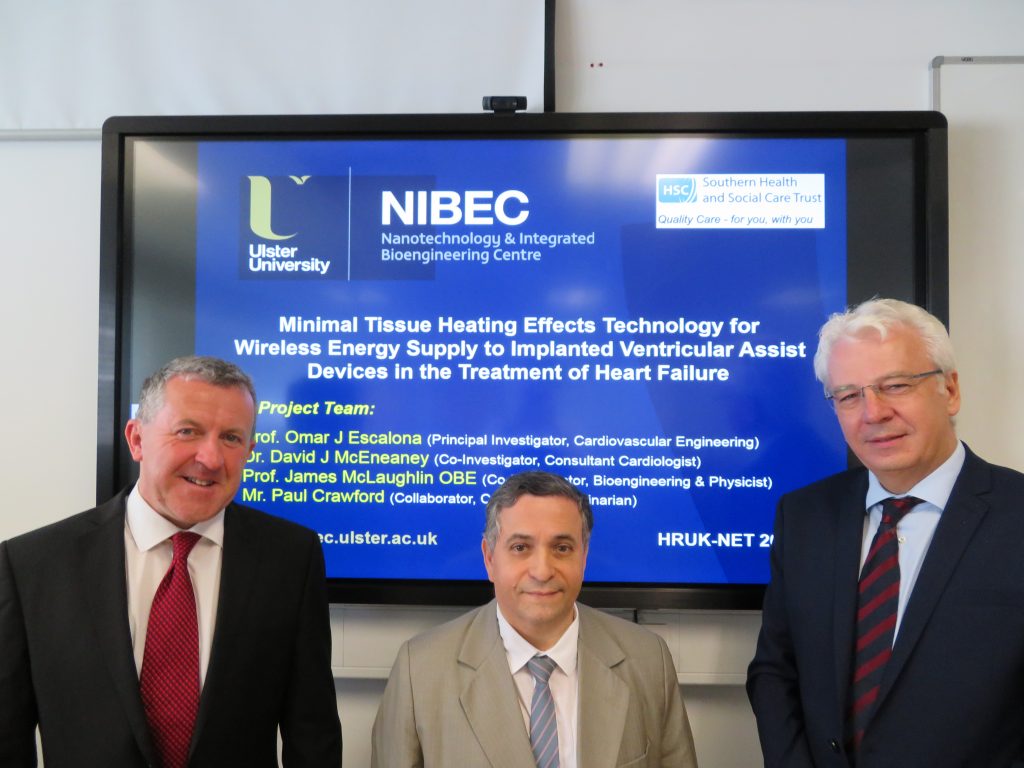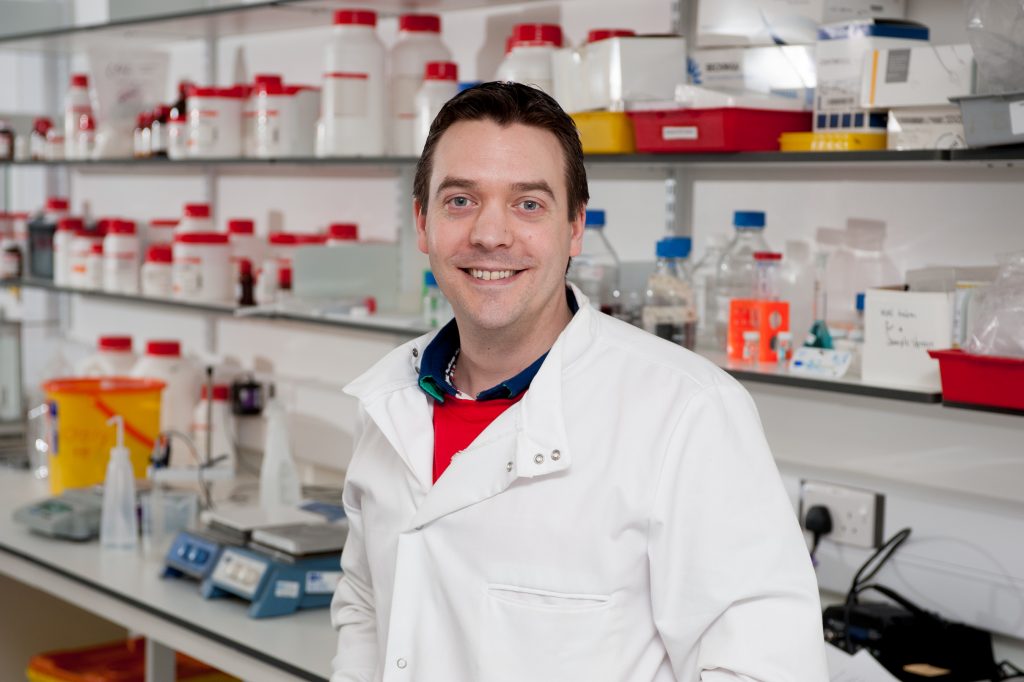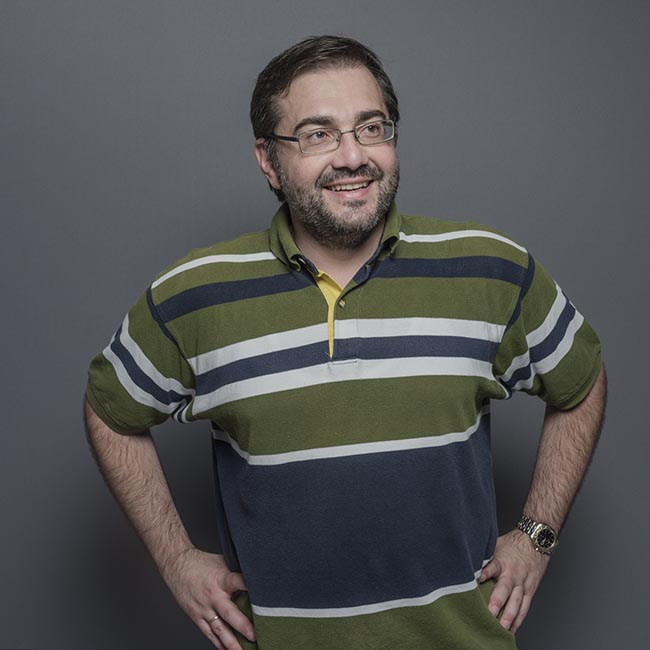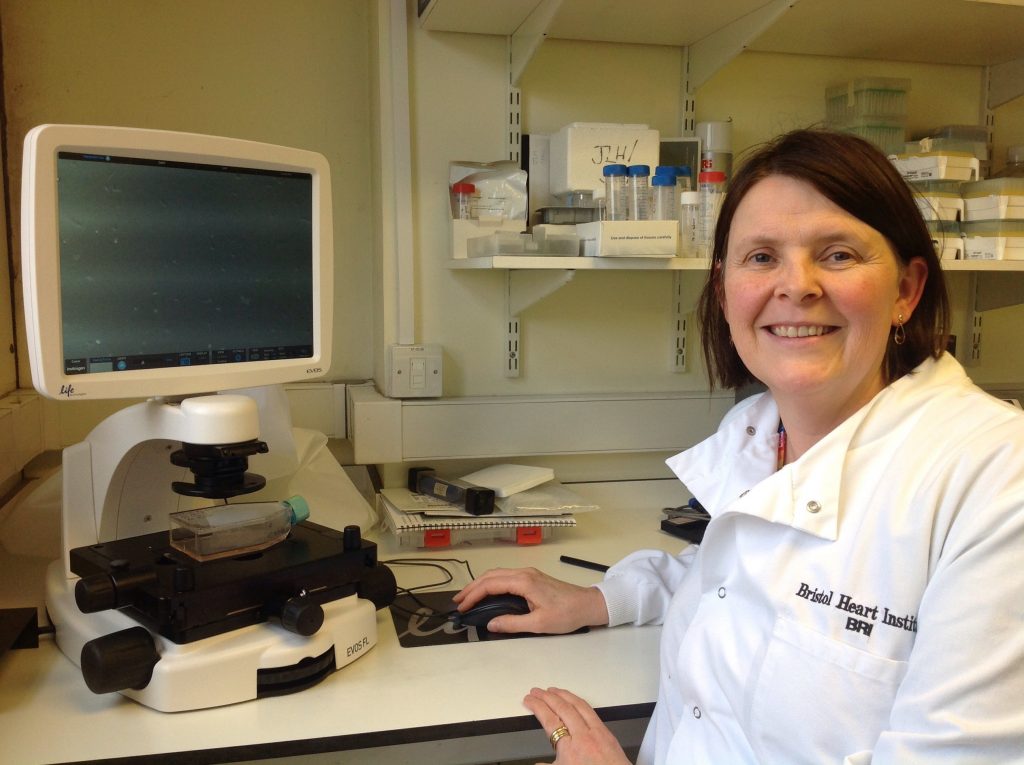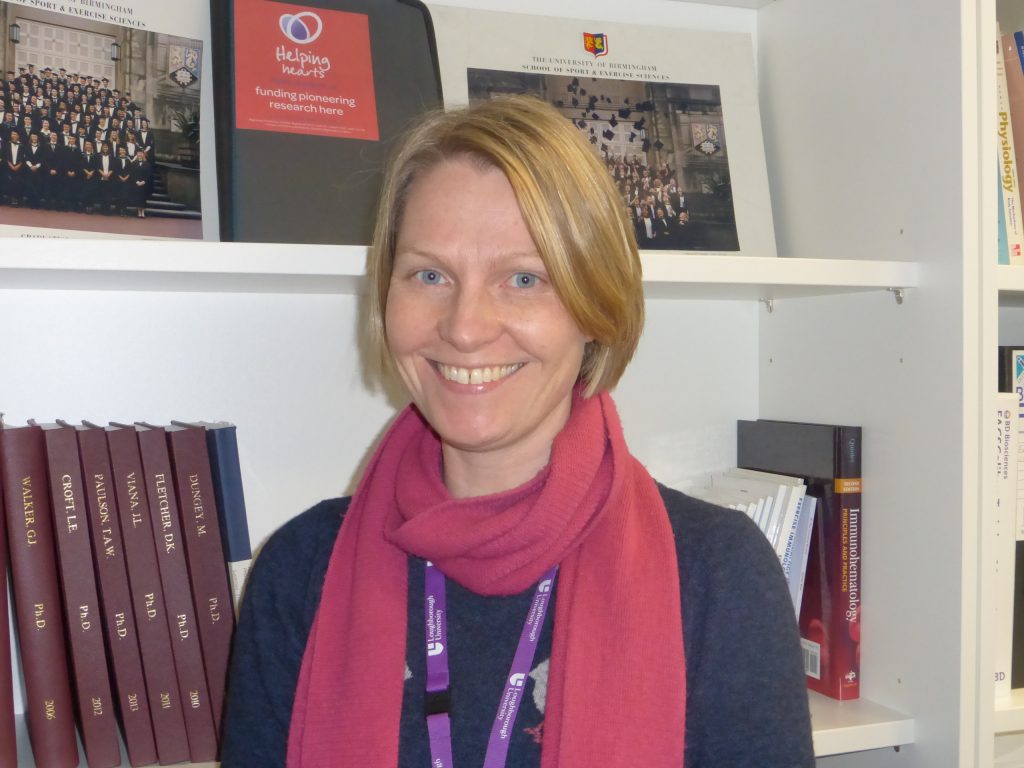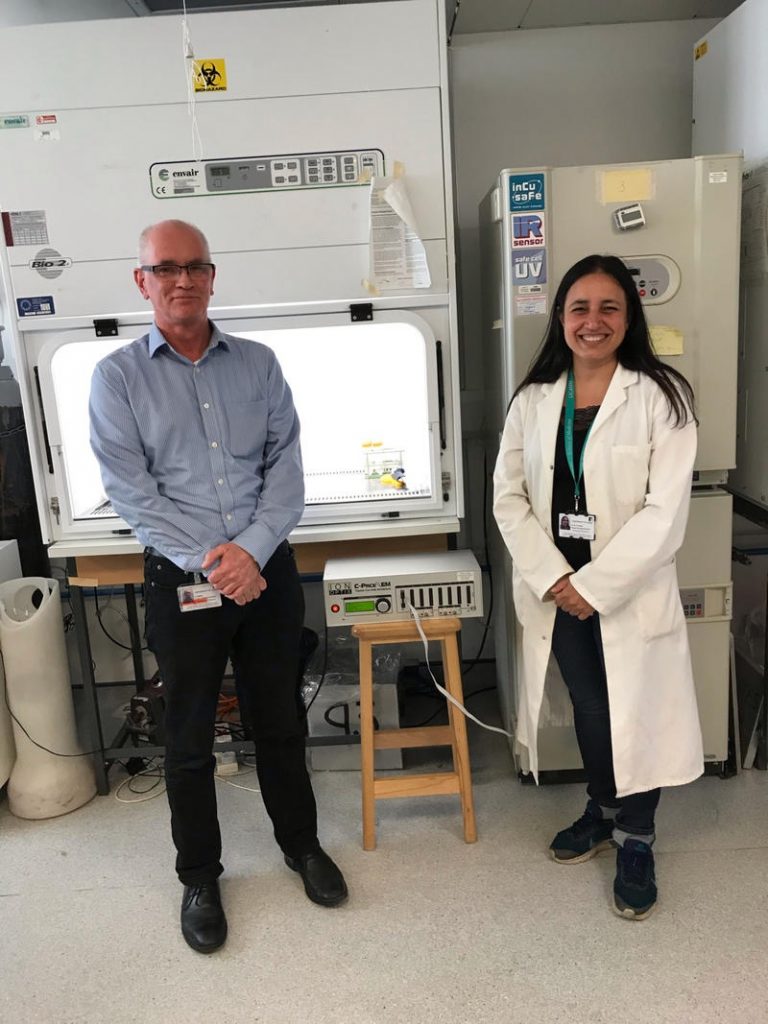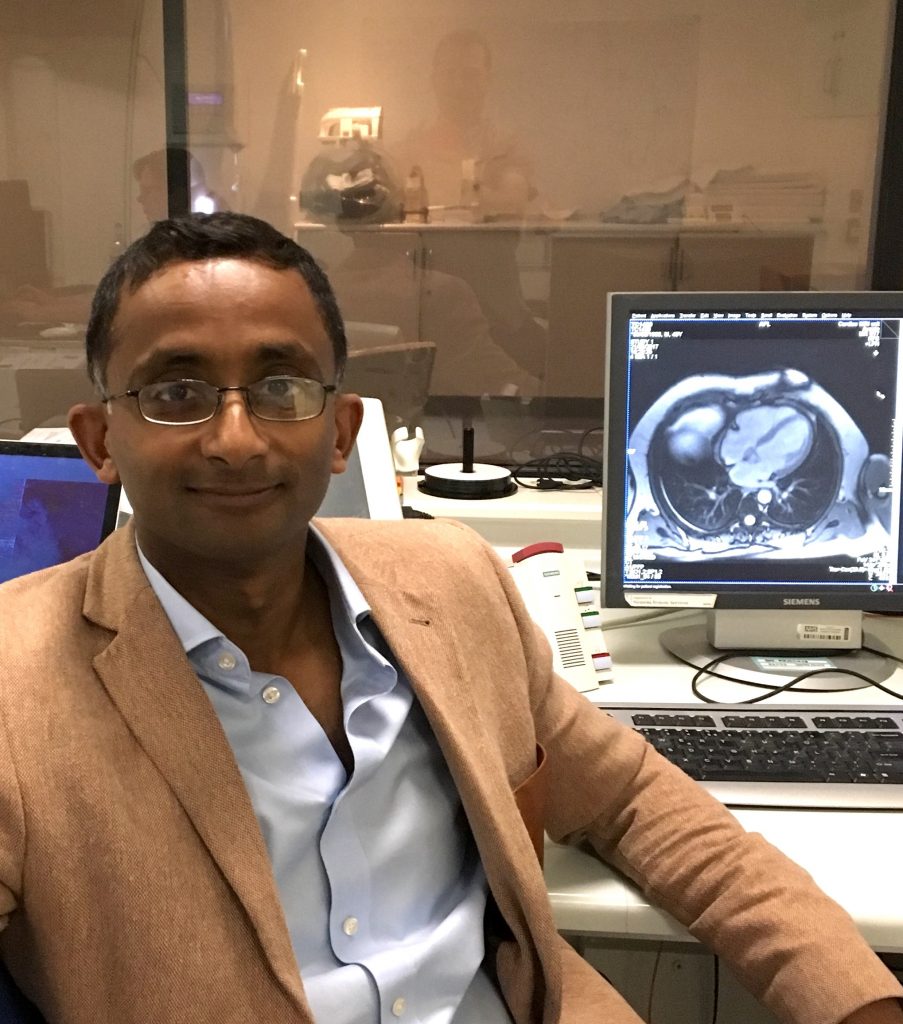Professor Paolo Madeddu
Bristol Heart Institute
£76,054
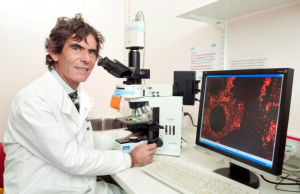
In the UK, at least 1 in 150 babies is born with congenital heart disease which means a heart defect that develops in the womb, before a baby is born. So that these babies can survive, cardiac surgeons often have to perform complex surgery to replace and correctly position defective arteries and valves. The grafts currently used to repair hearts are made of non-living materials. This means that as the baby’s heart grows rapidly during the first years of life, the grafts do not grow and the child will need further surgery to replace the grafts.
This project developed techniques for isolating special cells from the baby’s umbilical cord, called pericytes, and growing them in the lab. Importantly, when the cells were tested, they had the properties needed to form functioning blood vessels. Also, they found that these properties were better than for other types of stem cells more often used in regenerative medicine. After isolation from the umbilical cord, the researchers were able to seed the pericytes onto grafts and found that the cells not only grew and integrated well but also produced important proteins that support the formation of small blood vessels. This is a very important result because the success of graft integration into the baby’s heart depends on a good supply of oxygen and nutrients.
These promising findings show that pericytes have the potential to be used to grow bioengineered grafts that behave like an artery and will grow with the child’s heart. The ultimate aim is for these grafts to be used by cardiac surgeons to correct heart defects in babies and reduce the need for multiple traumatic operations. The research is ongoing and the team is working on a more ambitious plan to create a synthetic blood vessel where layers of gels are seeded with pericytes and other cells from the umbilical cord. This would be a definitive solution for the correction of blood vessel defects in babies and adults.
